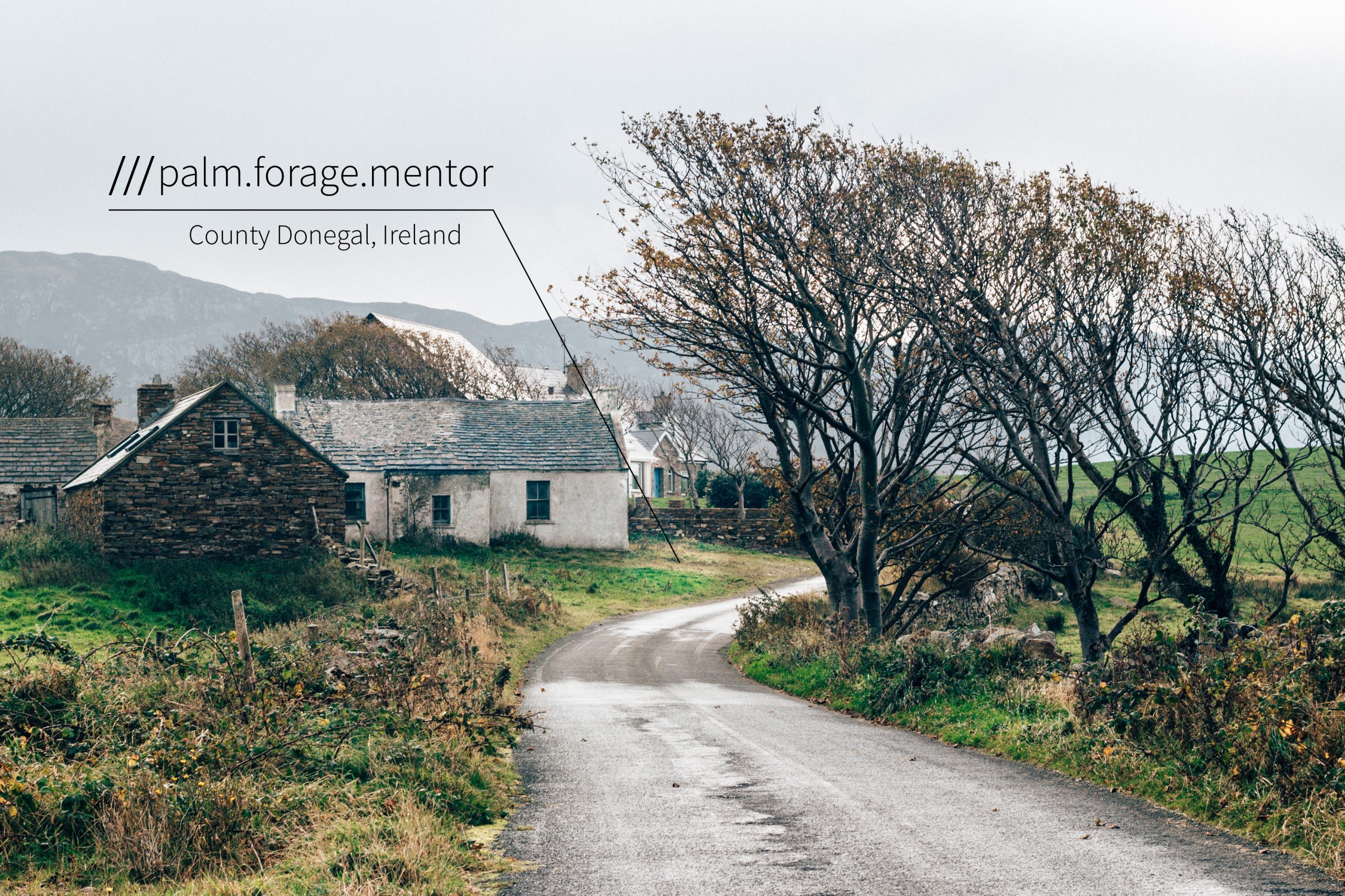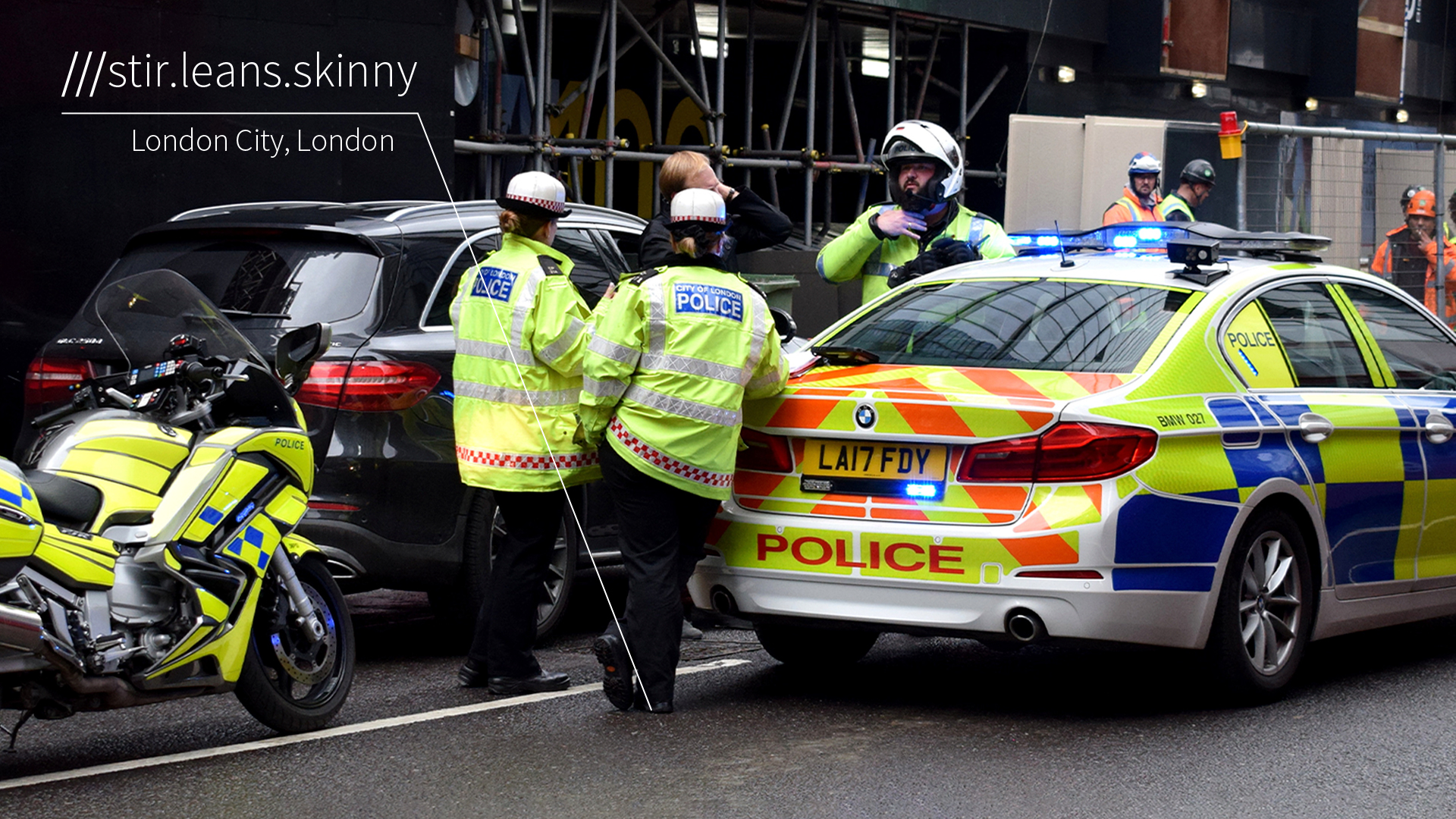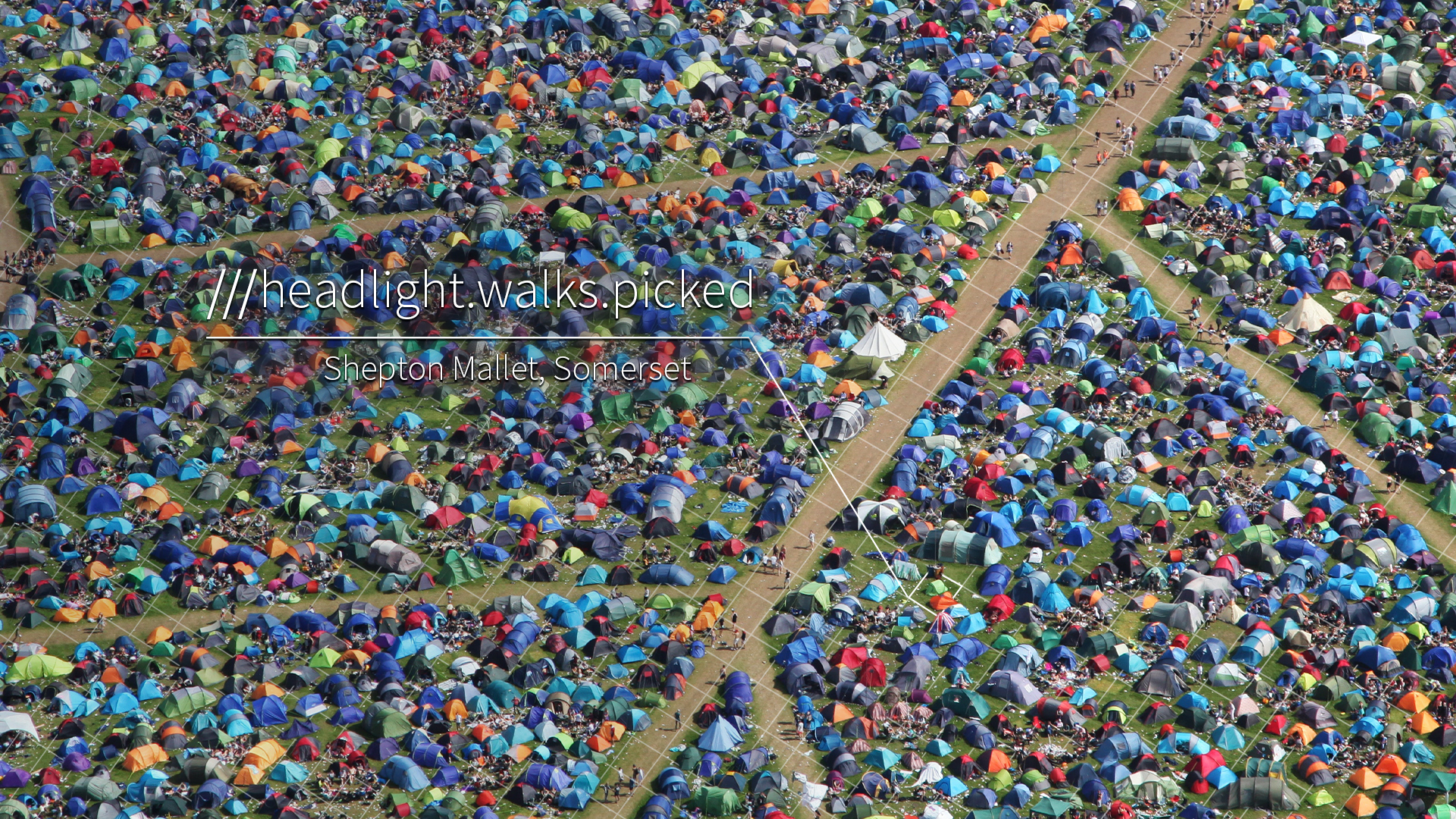What3words: Will this be the end of traditional addresses?

Billboard
Skyscrapper
Halfpage
What3words offers a three-word-alternative to any address in the world. The geocode system designed by a London startup distributes the world into 9 square metre plots, assigning a unique word combination to each of them. Could this be the end of traditional addresses?
57 trillion squares of three-word addresses
Founded in 2013, what3words is a London startup that has risen to international fame in 2022 with its new approach to addresses. By dividing the world into 57 trillion squares of 3 x 3 metres each, the geocode system has resulted in a new address system. Every individual square receives a unique combination of three English words that work as an address. According to what3words, this makes it possible to track down “pretty much any place on the planet, from homes in an Indian slum to a refugee camp in Uganda to an alleyway in Hong Kong.”
Marketed as user-friendly GPS, what3words seeks to make any plot of land easily identifiable. A traditional location, as on Google Maps, is not always accurate enough to find a place or a person. For example, music festivals are an ideal use for what3words. Parking spots are another example of why a more specified address can be important.
Each of the 57 trillion squares of the world has been assigned a random, fixed address. This can read like “many.magic.smooth” for a corner in central London, or like “palm.forage.mentor” for a driveway in County Donegal. By using the what3words app, users can identify, find, and share addresses quickly. More and more services ask for a what3words description in addition to the traditional address to support delivery personnel in finding the right spot.

Making addresses easier to communicate
The idea for what3words comes from Chris Sheldrick, a former live music organiser and now the CEO of the company. According to Sheldrick, he used to be very frustrated when dropping off equipment at a convention centre or telling a band where to go in a big venue. “Addresses either didn’t exist, they weren’t accurate enough, or they were really difficult to communicate”, he explains. GPS coordinates can fix that problem, but the long numeric combinations are hard to remember and share.
By using roughly 40,000 different words strung together in groups like three, Sheldrick came up with an alternative system. This helps people meet up at a mall with multiple entrances, find each other in crowded public spaces, or quickly communicate the exact spot of a crime or accident.
The what3words app allows users to open in the address in another mapping provider, such as Google or Apple Maps, to provide guidance. By now, what3words has expanded to include 36 different languages, including Korean and Japanese. Mongolia is one of the biggest markets: Postal services, taxis, banks, AirBnB owners, and even pizza delivery companies accept what3words descriptions as official addresses.

Providing people with an address
There are still many people in the world who live without an official address. This is another important reason for what3words to reach out to new users. Recently, the company has cooperated with a refugee settlement in Uganda to map out around 50,000 buildings, effectively providing an address to over 100,000 people. The company works with local agencies to make sure the three words are accepted and recognised. In Uganda, the health agency now finds it easier to send medical workers to the refugee camp.
Importantly, what3words also operates offline, allowing first responders to find the correct place to go even in remote locations. This is also useful when people are lost or even kidnapped – the northern English police apparently once used the app to rescue a kidnap victim.
What3words is free to use for the public and for non-profit organisations. According to the company, it wants to generate revenue by licensing its code to businesses that want to integrate what3words with their systems. This could be interesting for mobility companies or delivery companies. Investors in what3words already include Germany’s DB Schenker and the UAE’s Aramex, two of the world’s biggest logistics firms. In five years, what3words wants to be accepted as the global standards.

The future of addressing?
“Street addresses aren’t accurate enough to specify precise locations, such as building entrances, and don’t exist for parks and many rural areas. This makes it hard to find places and prevents people from describing exactly where help is needed in an emergency”, what3words states on its website. At the same time, the company does not aim at replacing street addressing. Rather, it wants to provide “a useful addition when street addresses are not accurate enough”. At the same time, what3words acts as an instant and scalable solution where addresses do not exist.
The geocode system undoubtedly brings many advantages, such as the unique addresses, the easy communication, and the option of quickly sharing a location with others. They never change, even if buildings or streets are redeveloped. And the system is fast to set up and cost-efficient. According to what3words, this is the only addressing system optimised for the voice.
On top of providing addresses to those that do not have one, what3words can also support municipal operations. Traffic lights, trees in a park, and other assets are easily identified. In Denver, the Metropolitan Area Communication Center has tagged over 57,000 fire hydrants, supporting emergency response for fires.
Also interesting: Smart litter receptacles use GPS and sensors to communicate when they need to be emptied. Here, what3words could help with providing an exact location.












